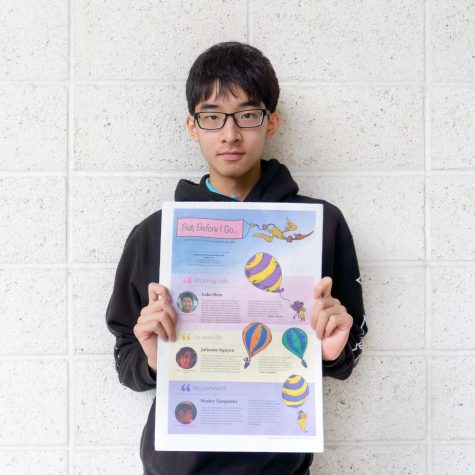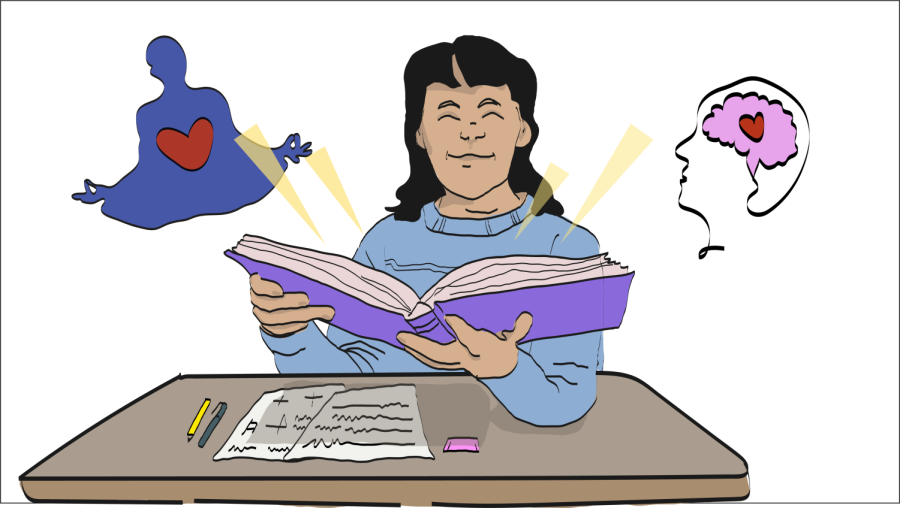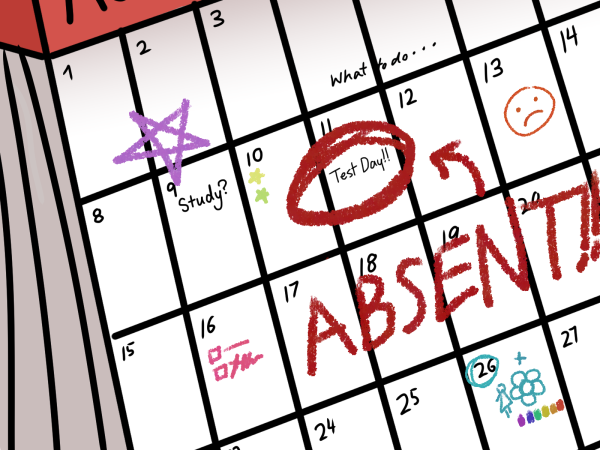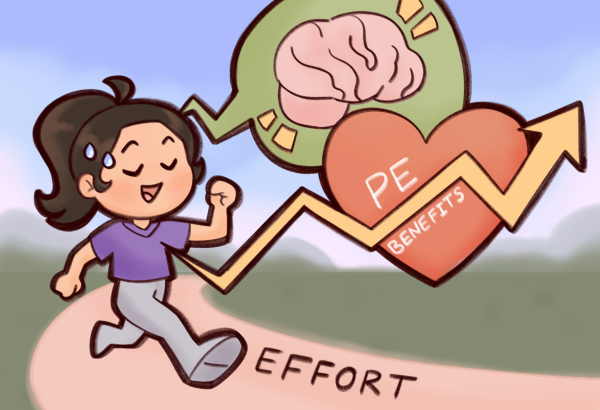A Novel Idea: ‘Reading Days’ Could Give Students Chance to Disconnect
Apart from immersing students in the world of imagination, reading can also prepare students for real-world situations. “You take away certain themes and lessons from books, and even if they’re not kids’ moral books, they help you prepare for certain things in life,” senior Aarushi Shankar said. “I get a lot more lessons from books than I do from other places.”
Schoolwork. Social media. Friends. Family. In the constant and chaotic whirlwind of high school life, it is difficult for students to factor self-care into their schedules. Even the simple act of reading is becoming increasingly rare, despite numerous benefits.
If we implemented two “reading days” each year, students could receive an opportunity to step back from it all. Instead of trying to fit eight class periods into a minimum-day schedule once per semester, Portola High could organize a day that emphasizes literature and mental health.
Allocating time for students to disconnect and read is critical. Reading improves individuals’ ability to process different perspectives and sources, according to a study conducted by University of Toronto researchers in 2013. In addition, a separate study by Kidd and Castano in the journal Science showed that fiction novels in particular expose readers to characters’ internal feelings, helping readers understand others’ emotions in the real world. Finally, reading can foster our acceptance of other communities, according to teacher-librarian Melissa Misenhimer.
“I think one of the big reasons that it’s important for students to read is that it builds a lot of empathy and compassion,” Misenhimer said. “I think sometimes we are in our own bubble, so reading definitely helps us get different perspectives on different people’s lives.”
I think sometimes we are in our own bubble, so reading definitely helps us get different perspectives on different people’s lives.
— Melissa Misenhimer
The execution of a reading day is key, as simply encouraging students to read more or forcing them to read a specific text robs them of the joy of reading a personally engaging book. Allowing students to choose their own works of literature, rather than assigning particular books, would be a breath of fresh air, according to senior Aarushi Shankar.
“Pushing people to read, that feels a little bit more like, ‘You should do this,’” Shankar said. “It’s a forgettable thing rather than, ‘Here’s a book that I think you’ll enjoy.’ I think that that’s a lot more fun and allows for more exposure to different things that people might be interested in.”
Transforming the 1–8 minimum day format into a reading day need not have major impacts on classes. One possible implementation could be creating a short advisement period for students to learn about the positive effects of reading, followed by a longer office hours period in which students could head to the library to check out books of their choice and move freely between classrooms to read with peers. Alternatively, the current bell schedule for the 1-8 minimum day could be kept, with students simply reading through all of their periods.
Either plan would replace a hectic schedule that occurs once during fall conferences and once the Friday before spring break. To compensate for the class time taken up by the reading day, the 25 minutes allocated to each period on the current schedule could be moved to other days.
The schedule change could allow for a more economical use of instructional time. The length of the current class periods on 1–8 minimum days do not allow classes nearly enough time to engage in meaningful coursework, according to physics teacher Christian Quinteros.
“Those are tough days; we can’t really do anything big,” Quinteros said. “Kids come in, there’s five minutes to get them settled in and then 15 minutes left. What are you gonna do in that time for content?”
The benefits of replacing the 1–8 minimum day schedule with a day of reading are clear: without the stress of a normal anchor day, students would be able to cope with the onslaught of high school life. And without the burden of required reading, students would claim the transformative power of literature as theirs.
Your donation will support the student journalists of Portola High School. Your contribution will allow us to purchase equipment and cover our annual website hosting costs.

Sidra Asif is the Back Page Editor and Social Media Manager for her third year on the Pilot. Outside of creating content for the newspaper, you can find...

Justin Tang is the Portola Pilot’s Back Page Editor for the 2021-22 school year, his second and last on the team. Throughout the year, he’ll make sure...

Nate Taylor is the 2021-22 front page editor and photo editor. He is ready to improve his design skills and create memorable Portola Pilot front covers....















